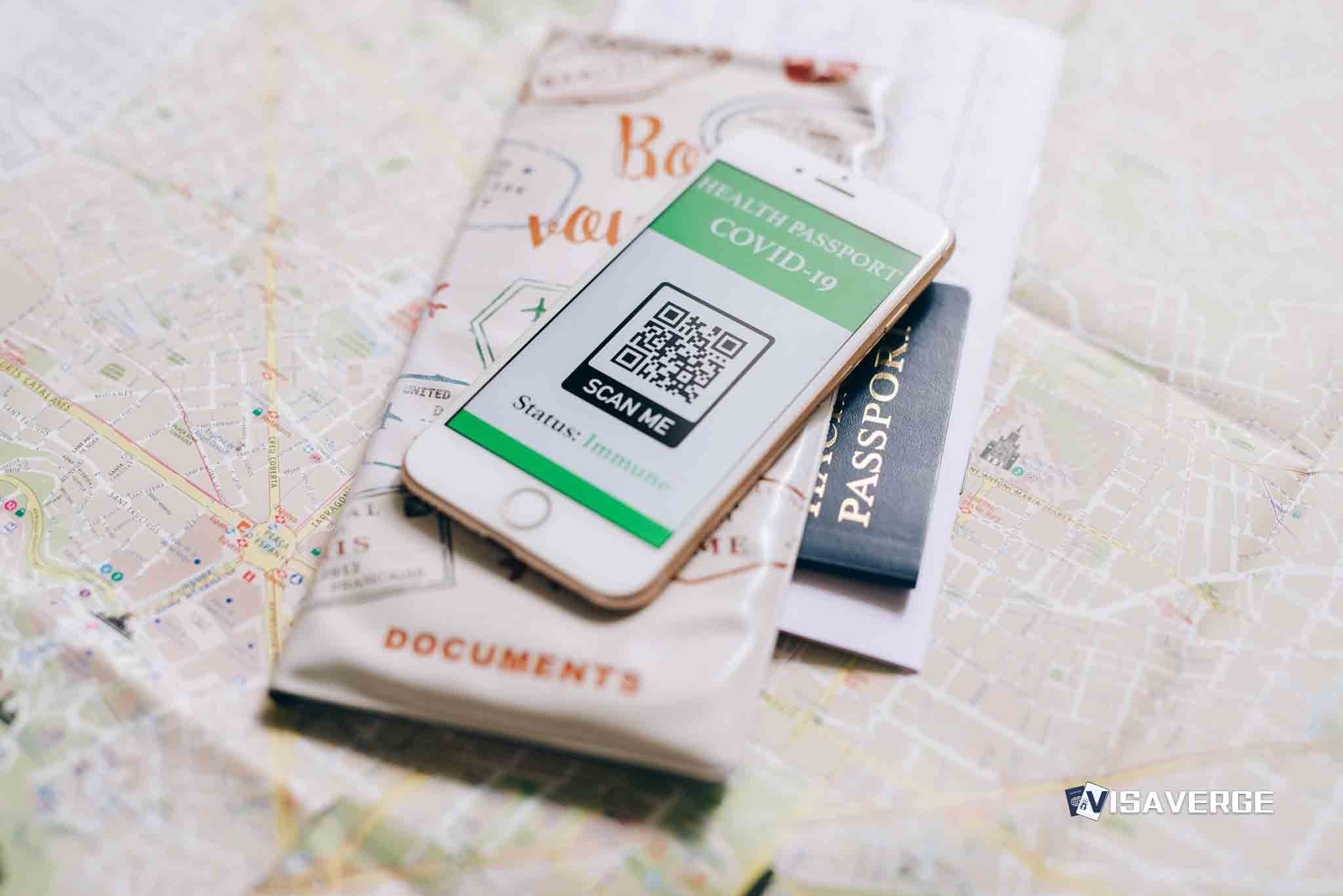Covering Additional Expenses for F-1 Visa Applications
Studying in the United States as an international student on an F-1 visa can be an exciting opportunity. However, apart from tuition and living expenses, many programs also require funding for other necessities such as research materials and travel. It’s important to prove you have the financial capability to cover these additional expenses during your F-1 visa interview.
Understanding the Visa Requirements
Before attending your visa interview, familiarize yourself with the financial requirements of an F-1 visa. The U.S. Department of State requires that you demonstrate the ability to support yourself financially during your study period. Check the official website for details on the specific requirements: U.S. Visas.
Presenting Financial Proof during the Visa Interview
Here are some tips to help you prepare for demonstrating your financial capability:
Show Proof of Funds
You’ll need to provide evidence that you can afford the additional costs associated with your studies. This can include:
- Bank Statements: Recent statements that show you have enough money to cover your expenses.
- Sponsorship Letters: If someone, like a parent or relative, is funding your studies, a letter confirming their sponsorship and financial documentation can be useful.
- Scholarships or Grants: Official letters confirming any scholarships, grants, or fellowships you have received.
Plan a Budget
Create a clear budget that includes all expected costs. Here’s what you might include:
- Tuition fees
- Housing and living expenses
- Books and supplies
- Health insurance
- Travel and conference attendance
- Research materials and equipment
By presenting a detailed and realistic budget, you will show visa officers that you’ve researched and understood the full extent of what’s required financially.
Offer Supporting Documentation
In addition to financial documents, supporting documents can strengthen your application. These might include:
- Admission Letter: Shows you have been accepted to a program.
- Form I-20: Issued by your school and outlines the cost of your program.
- Research Proposals: Include documents that outline potential research costs.
Respond Factual and Honestly
During the interview, it is crucial to answer all questions about your finances truthfully and accurately. Embellishing details or providing false information can result in visa denial. If asked about how you plan to cover additional expenses:
“I have prepared a detailed budget and have the necessary funds available to cover all aspects of my study, including [specific extra expenses]. Here are my financial documents proving my capability to fund these parts of my academic program.”
Conclusion
Securing your F-1 visa requires careful preparation, especially when it comes to proving your financial capability. By gathering all the necessary documents and preparing a solid budget to present during your visa interview, you are demonstrating responsibility and foresight that can help ease the process. Remember, transparency and honesty are key to a successful application.
If you have further questions, consult your university’s international student office, or contact a legal expert in immigration law for personalized advice.
So there you have it, my friend! Just remember, F-1 visa applications require more than just showing you can cover tuition and living expenses. It’s all about the additional costs like research materials and travel. But fear not! By following these tips and preparing yourself with the right documents and a killer budget, you’ll be well on your way to visa success. And if you want even more helpful info, be sure to check out visaverge.com. Happy visa hunting!
FAQ’s to know:
FAQ 1: What are the financial requirements for an F-1 visa?
Answer: The financial requirements for an F-1 visa include demonstrating the ability to support yourself financially during your study period in the United States. You can find specific details on the U.S. Department of State’s official website under the “U.S. Visas” section.
FAQ 2: What documents should I provide to demonstrate my financial capability during an F-1 visa interview?
Answer: To demonstrate your financial capability, you should provide proof of funds such as recent bank statements that show you have enough money to cover your expenses. If someone is sponsoring your studies, a sponsorship letter and their financial documentation can be useful. Additionally, official letters confirming scholarships, grants, or fellowships you have received can also be provided.
FAQ 3: How can I strengthen my F-1 visa application beyond financial documents?
Answer: In addition to financial documents, you can strengthen your F-1 visa application by including supporting documents such as your admission letter, Form I-20 issued by your school (outlining the program cost), and research proposals if applicable. These documents provide additional evidence and support for your application.
What did you learn? Answer below to know:
- What documents can you provide as proof of funds for covering additional expenses during your F-1 visa interview? a) Bank statements and research proposals b) Sponsorship letters and Form I-20 c) Scholarships or grants and admission letters d) Bank statements and research materials and equipment
- Why is it important to create a detailed budget when preparing for your F-1 visa interview? a) To show visa officers that you have researched and understood the full extent of financial requirements b) To demonstrate your knowledge of the U.S. Department of State’s visa requirements c) To provide supporting documentation for your financial capability d) To prove that you have enough money to cover your expenses during your study period
- True or False: Providing false information about your finances during your F-1 visa interview can lead to visa denial. (a) True (b) False














